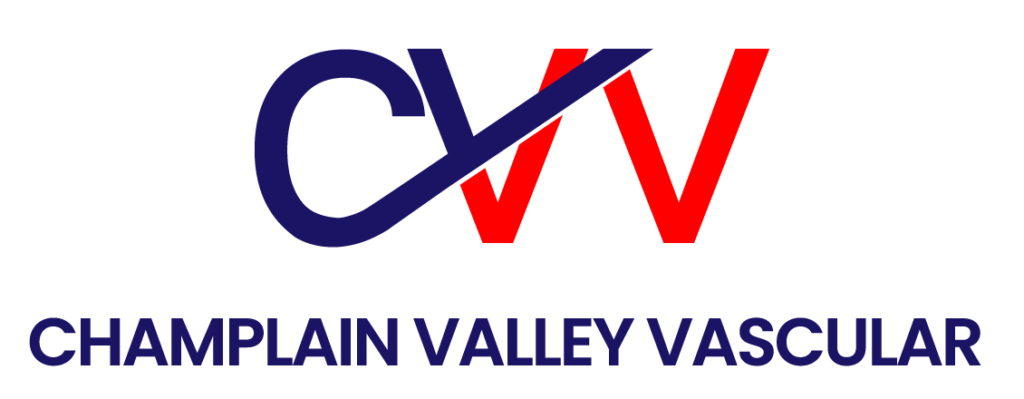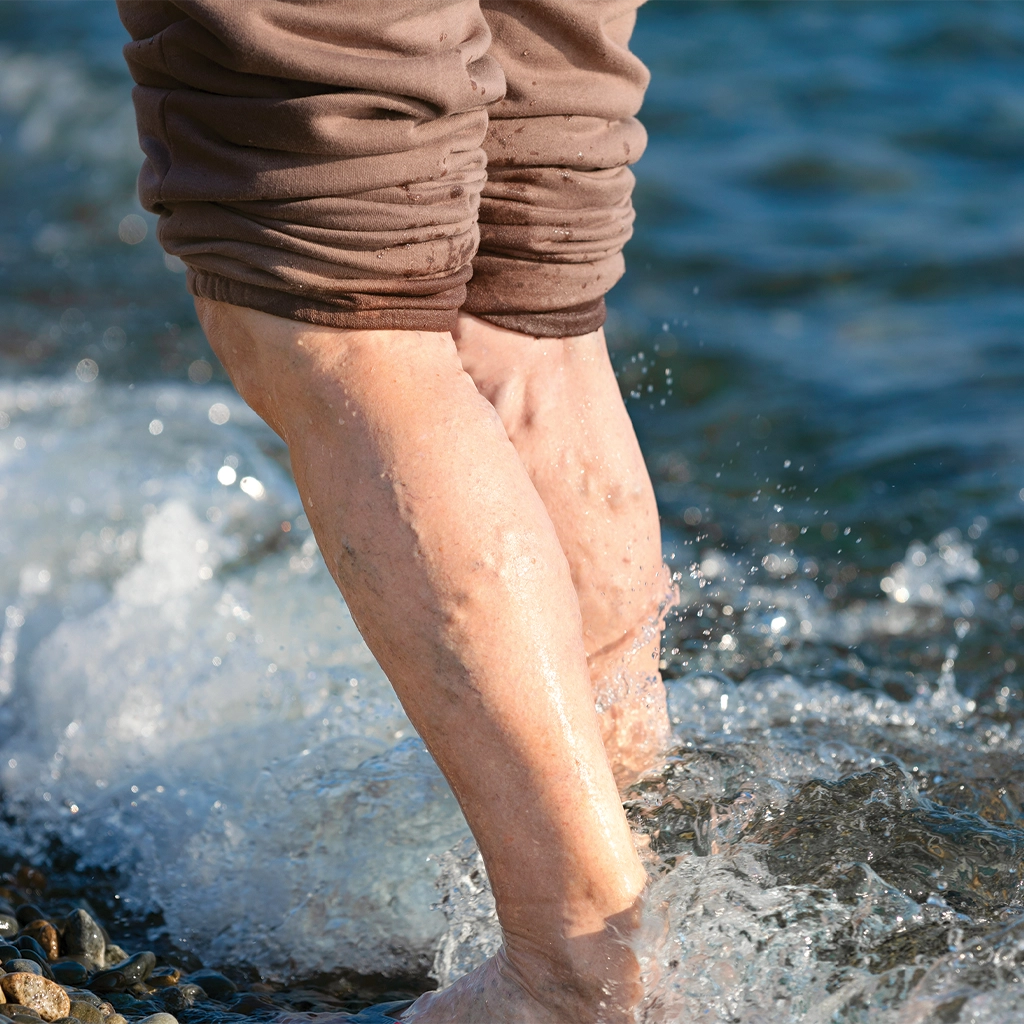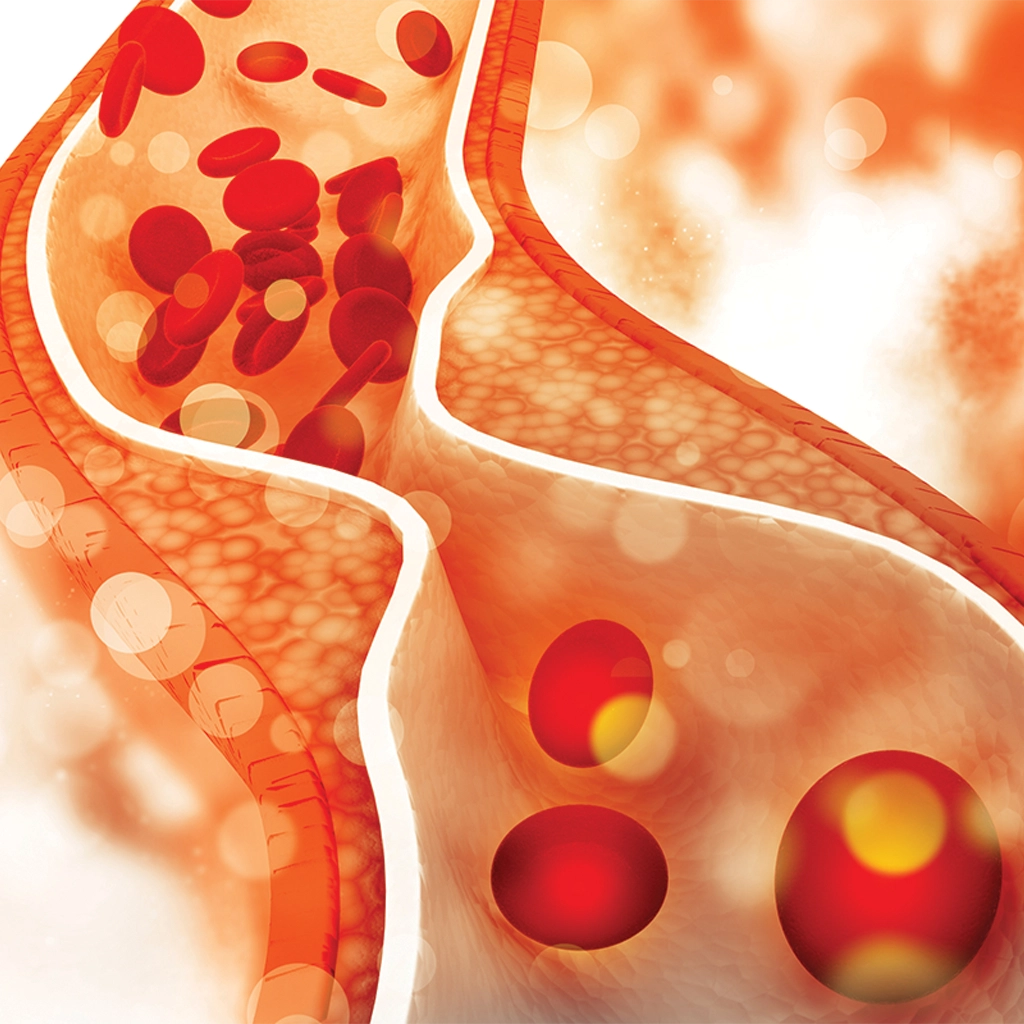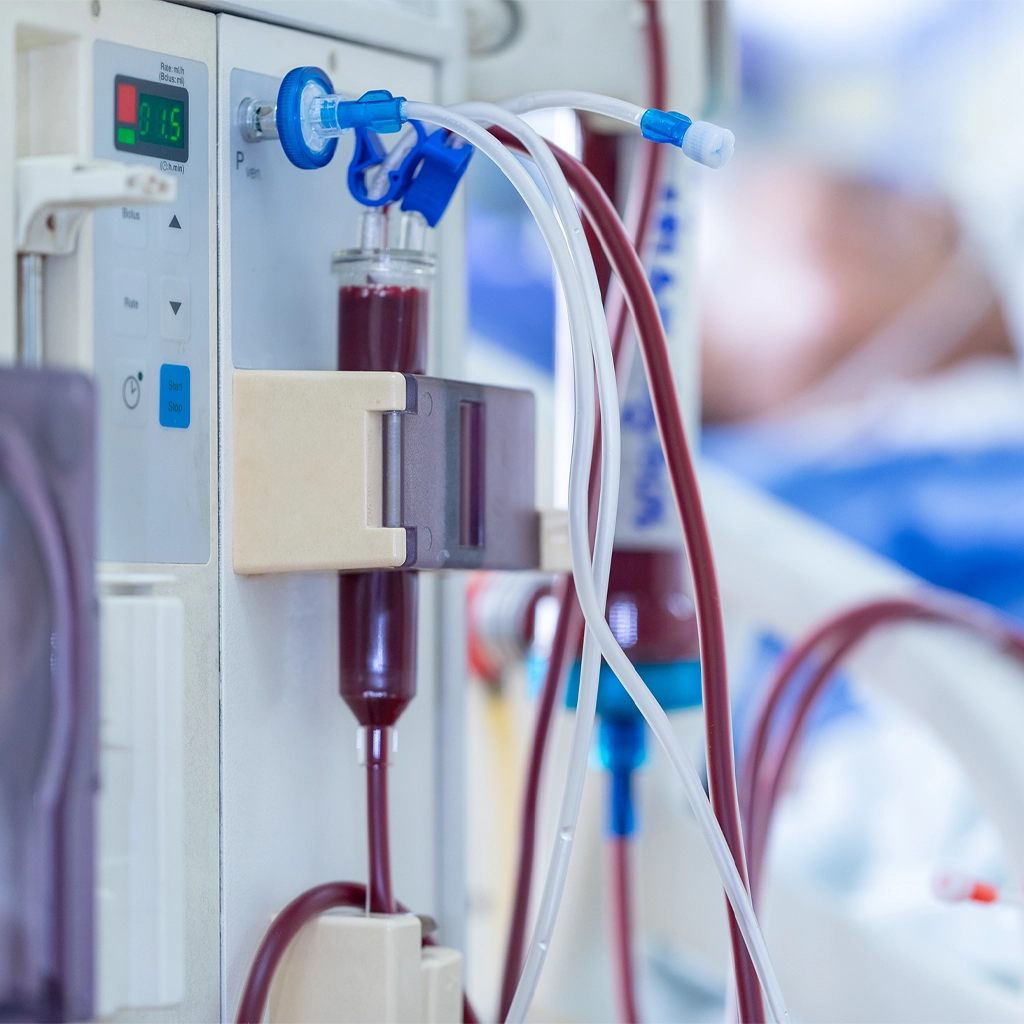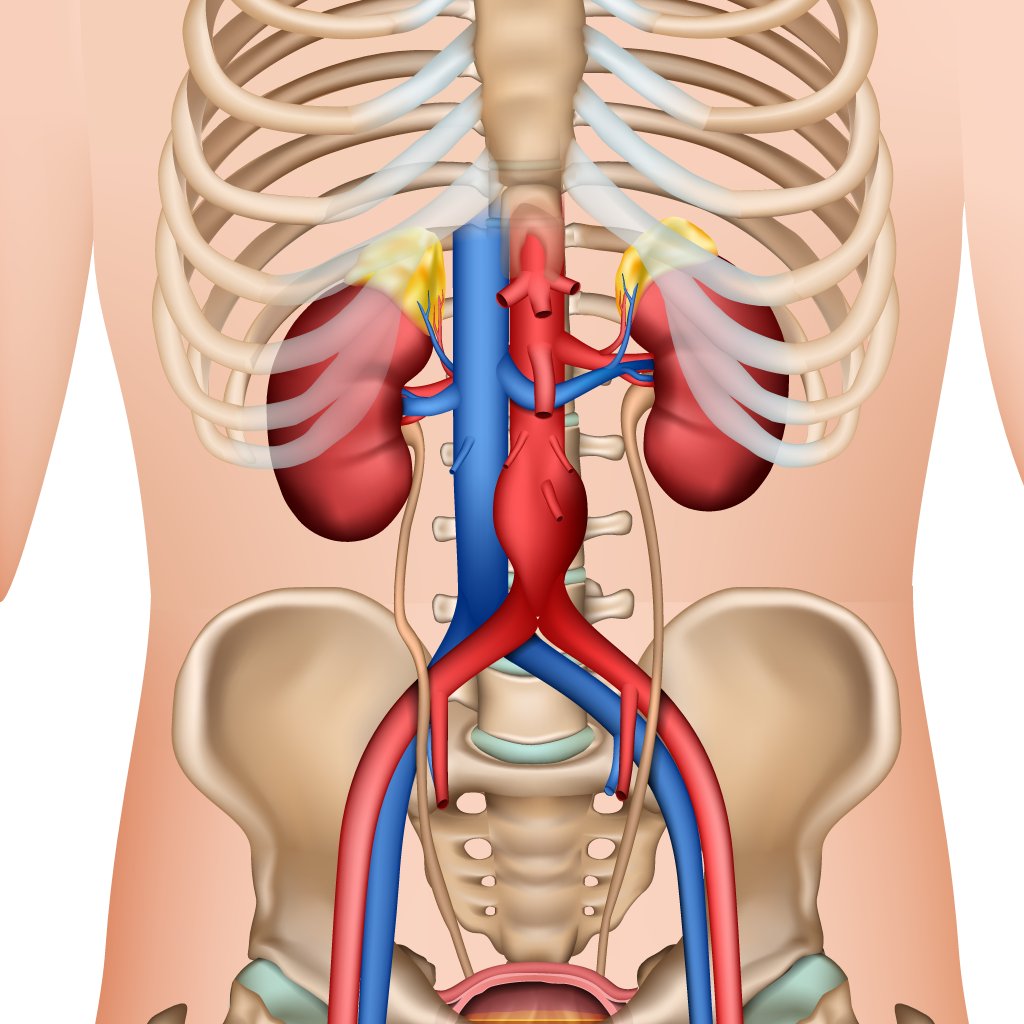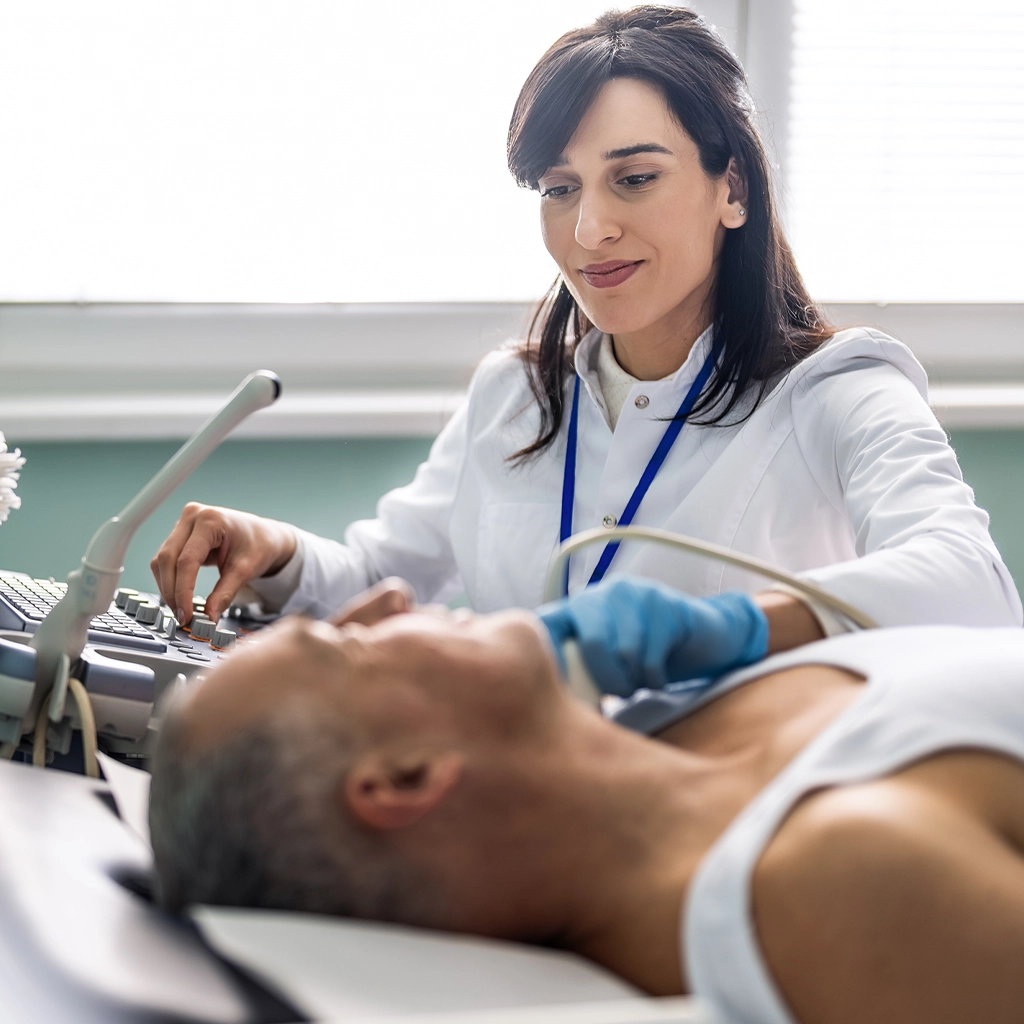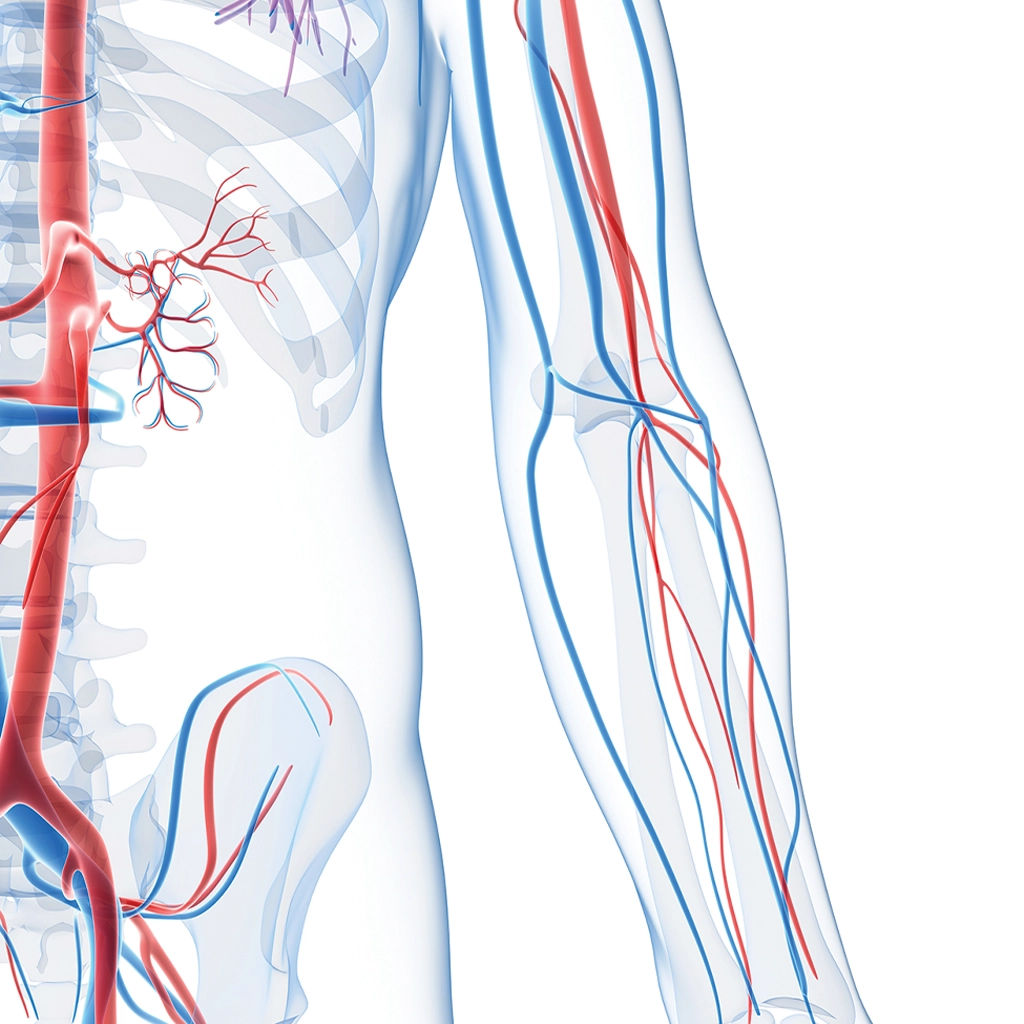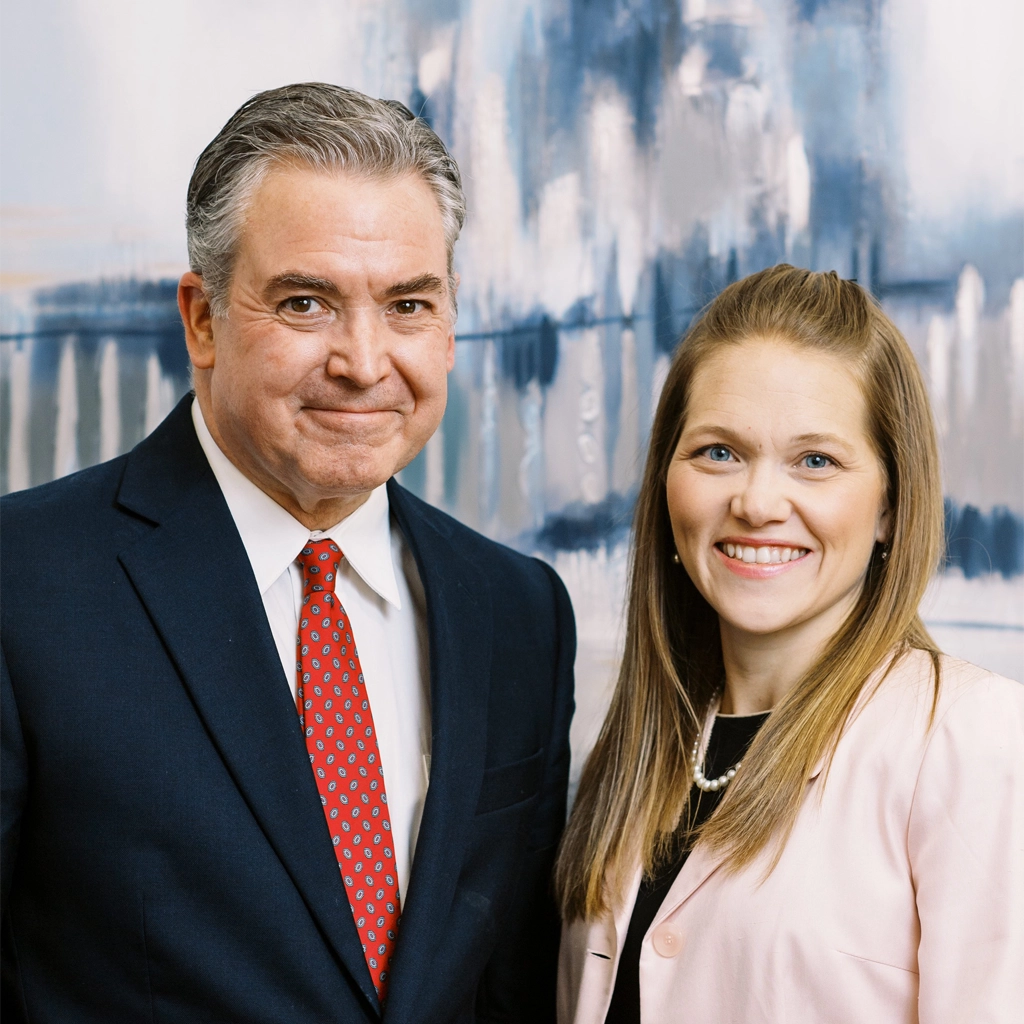Get back to living your best life. With Champlain Valley Vascular.
Vascular disease refers to a variety of conditions that affect the human circulatory system. This includes clots, blockages and other disorders within the blood vessels, like arteries and veins.
Champlain Valley Vascular specializes in treating diseases of the vascular system, excluding the brain and heart. We manage and/or treat conditions such as blocked carotid arteries in the neck, abdominal aortic aneurysms, peripheral vascular disease and varicose veins. We also provide vascular access procedures for patients who need treatment like dialysis which requires ongoing access to the body’s bloodstream.
